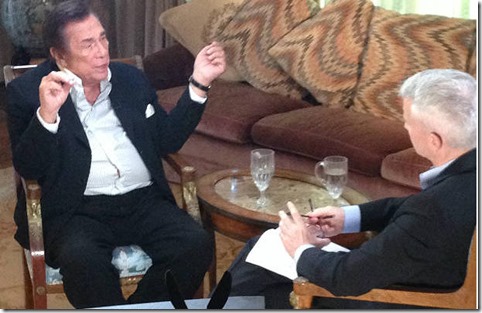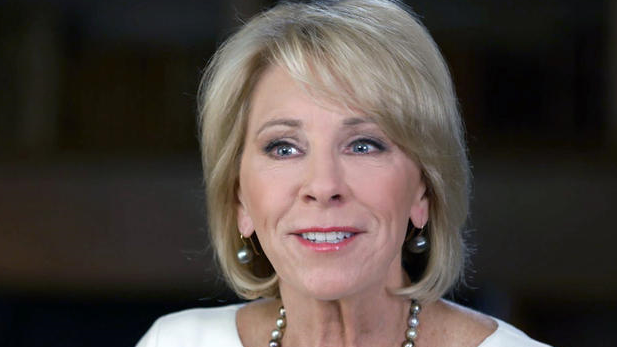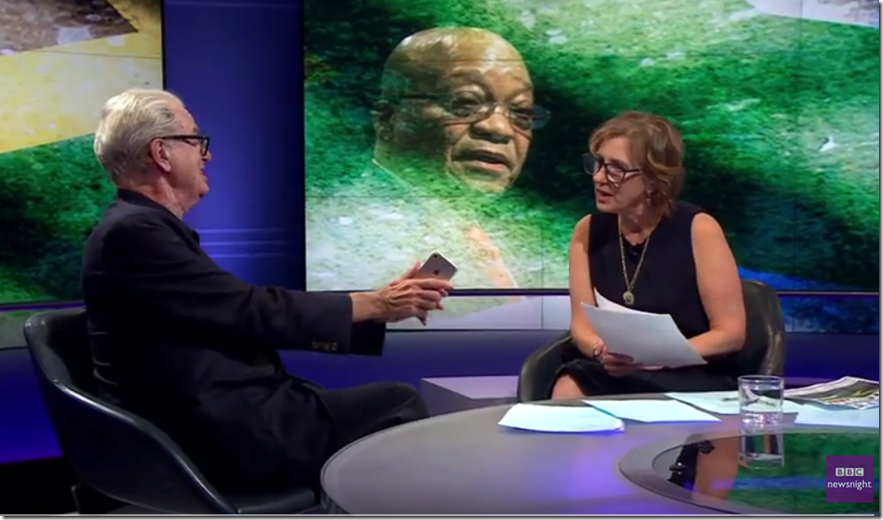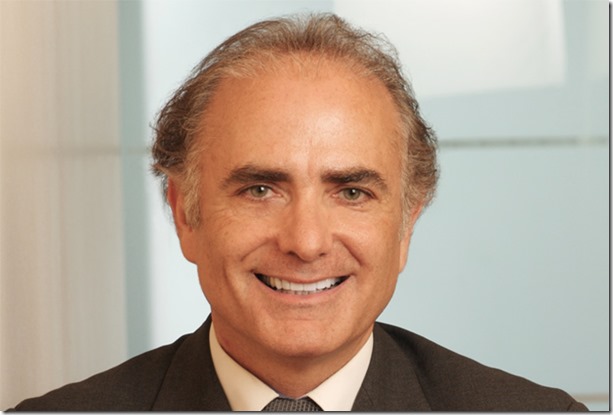May 2014: The Worst Video Media Disaster
This was the worst media apology I’ve ever seen.
L.A. Clippers owner Donald Sterling—who was caught on tape telling his girlfriend not to be photographed or attend basketball games with black people—attempted to apologize during an interview with CNN’s Anderson Cooper.
Sterling did apologize. But he also took the opportunity to attack Magic Johnson for getting “those AIDS” and made new racist remarks by claiming that wealthy African Americans “don’t want” to help their own communities like Jews do.
I already deconstructed Sterling’s pathetic interview earlier this month. But as I’ve continued to think about this case, one additional point is worth making.
It’s important to remember that the comments that originally got Sterling into trouble were covertly recorded during a private conversation. Many public figures spanning the full ideological spectrum—though disgusted by his comments—were deeply concerned about the privacy issues in this case.
Basketball legend Kareem Abdul-Jabbar wrote:
“Shouldn’t we be equally angered by the fact that his private, intimate conversation was taped and then leaked to the media? Didn’t we just call to task the NSA for intruding into American citizen’s privacy in such an un-American way? Although the impact is similar to Mitt Romney’s comments that were secretly taped, the difference is that Romney was giving a public speech. The making and release of this tape is so sleazy that just listening to it makes me feel like an accomplice to the crime.”
Conservative pundit Bernard Goldberg made a similar point:
“I’m wondering who else among us has said things in the privacy of our homes that would get us in trouble if somebody recorded them and made our remarks public.”
And liberal comedian Bill Maher agreed:
“Last week when President Obama was asked about the Sterling episode, he said, ‘When ignorant folks want to advertise their ignorance, just let them talk.’ But Sterling didn’t advertise. He was bugged. And while he may not be worth defending, the 4th Amendment is.”
But with his interview, Sterling erased that entire argument.
Sterling could have argued that because his comments were made in private and (possibly) illegally taped, he shouldn’t have to sell his team or endure a lifetime ban. But since he willingly made additional racist remarks during his very public televised interview with Anderson Cooper, that line of argument evaporated.
Sterling’s decision to do this interview without the presence of legal or public relations counsel was stunningly reckless. That he chose to do it at all sealed his fate as a racist.
Like the blog? Read the book! The Media Training Bible: 101 Things You Absolutely, Positively Need to Know Before Your Next Interview is available in paperback, for Kindle, and iPad.



